
In the midst of election season in Uruguay and ahead of voting for president this October, congressmen from the ruling party propose a bill that penalizes the creation and dissemination of misleading content. Civil society organizations warn that it is not the appropriate solution to disinformation.
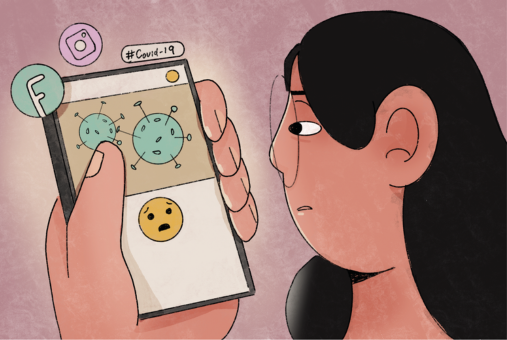
Across Bolivia, El Salvador and Peru, the spread of disinformation has disproportionately impacted marginalized communities amidst sociopolitical conflict in recent years. Local non-governmental organizations in these countries conducted information ecosystem research to understand its impacts.
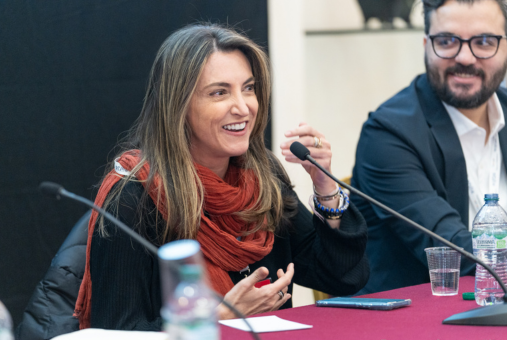
The importance of monitoring disinformation in political campaigns, the risks of using social networks to influence public discourse and the current role of fact checking were some topics that panelists from Argentina, Brazil and Mexico addressed at the International Journalism Festival 2024, in Perugia, Italy.

LJR presents an interview with Brazilian-German political scientist Paula Diehl, who has studied the relationship between the media and populism for over 20 years. According to her, simplification, dramatization and a taste for conflicts and scandals bring together the logics of populism and journalism.

In the midst of the infodemic, media and journalists are called to be a kind of guide for audiences. However, they sometimes still fall into unintentionally publishing false information. These errors make the need for spaces for reflection on the ethical principles of the profession, including its responsibility to audiences and democracy, even more urgent, according to ethics experts.
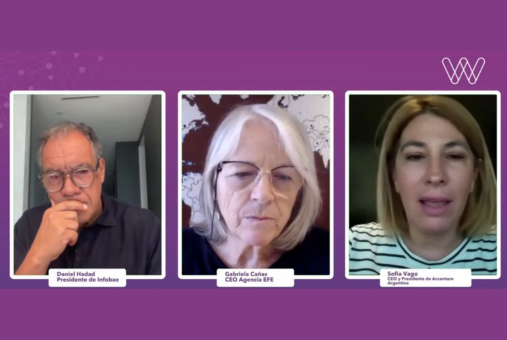
At the second Ibero-American conference held by the Women In The News Network (WINN), journalists debated the impact of generative AI on newsrooms, the importance of journalistic ethics and how to rescue credibility of media outlets among the public.
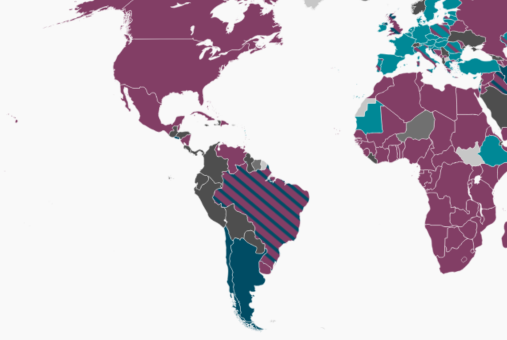
LupaMundi, an interactive map from the Brazilian fact-checking agency Lupa, sheds light on the global state of laws against false information. Countries in Latin America generally don't have specific laws on the subject, and scholars warn of the risks of political manipulation of the issue.

The IAPA, ANJ of Brazil and the AMI of Colombia are some of the more than 25 media associations from around the world that signed the Global Principles on Artificial Intelligence, which seek to guide the application of said technology in an ethical and transparent manner, and to protect the credibility and intellectual property of journalistic content.
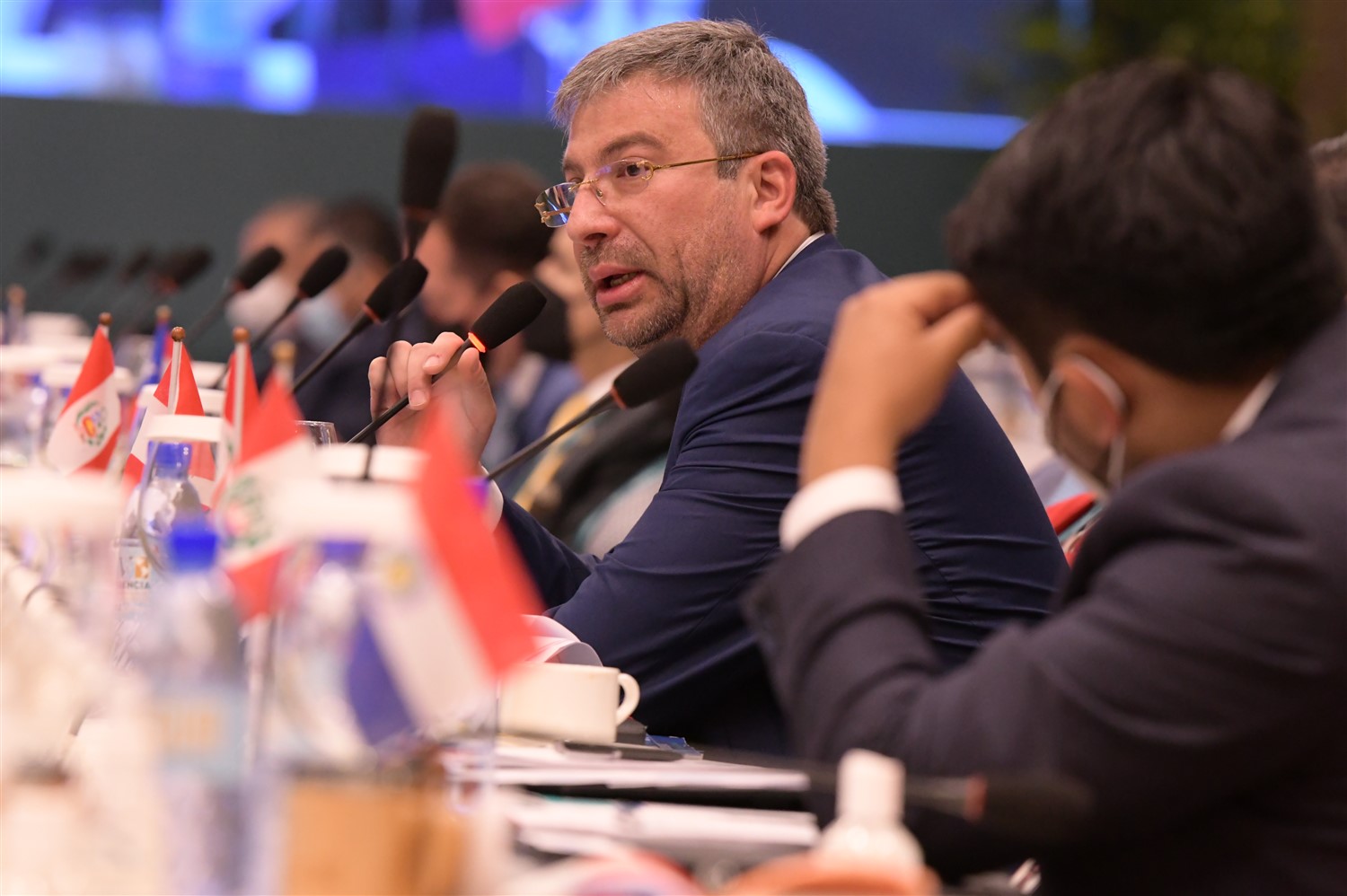
It’s not just media that combat disinformation, voting authorities in Latin America are also fighting the phenomenon. Ahead of October elections in Argentina, judicial authorities are collaborating with media and NGOs to fact check candidates. At the regional level, an inter-American observatory exchanges fact-checking experiences with media and social platforms.

At the 2023 Global Disinformation Summit, journalists from various media outlets and organizations in the region highlighted the importance of identifying actors, regional patterns and business models behind disinformation campaigns that affect sensitive issues such as elections, migration, health, and gender.
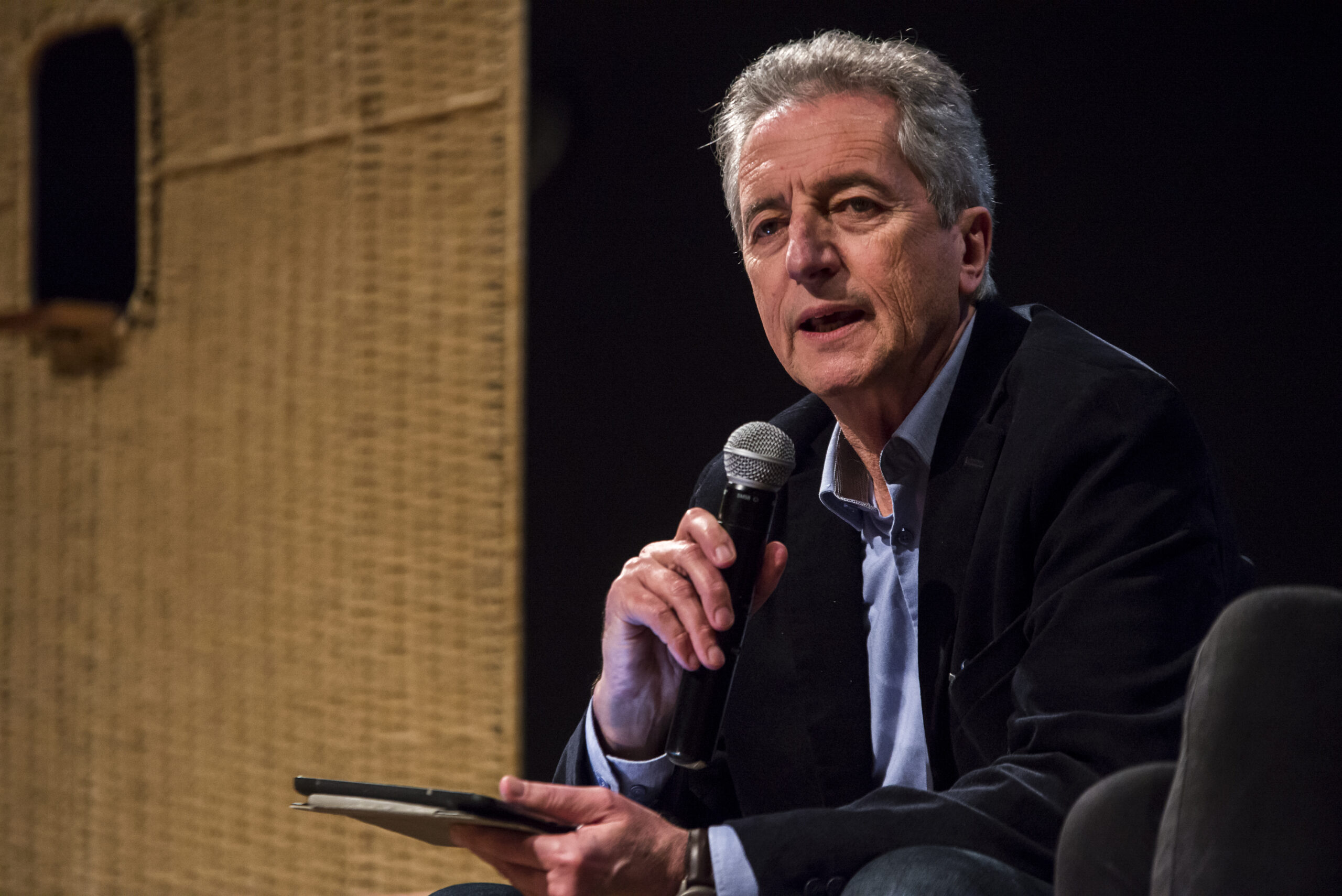
Journalist and researcher of media and digital platforms Daniel Mazzone analyzes the role of journalists in the face of fake news and a digital society. His book "Máquinas de Mentir [Lying machines]" uncovers new work perspectives from within the journalistic community and the structuring of a new contract with society.

The Latin American Center for Investigative Journalism published, in partnership with media and organizations, the project 'Digital Mercenaries': a series of more than 15 feature stories and a documentary. This investigation puts a face to political consultants who are changing the media agenda and voters’ opinions.